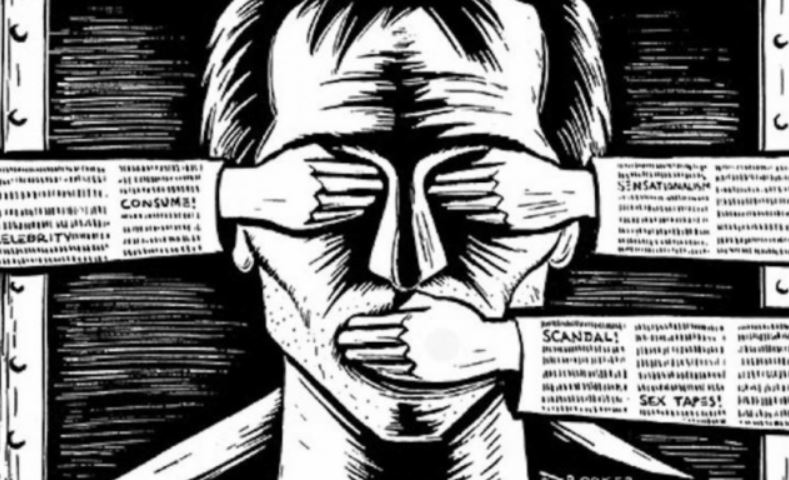I think the current crisis in Armenia, which, unfortunately, also threatens our security is a private expression of the global crisis. Its manifestations are numerous, from the outbreak of military conflicts in different parts of the world to the unconvincing results of the fight against coronavirus in different countries (including Armenia). And all this is accompanied by unprecedented efforts to brainwash people, I would even say on a cosmic scale. It is also aimed at disrupting solidarity, cooperation, and tearing societies apart.
How was censorship carried out in the authoritarian and totalitarian countries of the 20th century? Very simple. The media outlets whose information and opinions contradicted the “main line of the party” were simply banned, persecuted, and so on. There are still countries where these outdated tools are used. But in the age of social networks, they are largely ineffective.
There are completely different means of censorship today. Let me try to describe the scheme of how people are being silenced now. Every second, I would say, every millisecond, people or groups appear on the world’s social networks who “forbid” discussing this or that topic or expressing this or that opinion, as well as punishing the person who raises that topic or opinion. The “arguments” are approximately the following. “This discussion is unpleasant for me. It offends me. It is indecent, ugly, anti-national, it is inhumane to talk about such things. Stop immediately. Otherwise, we will pin you to the pillar of disrespect. We will say that you are a Turk, pro-Serzh, pro-Nikol, a Mason, pro-Soros, a homophobe, or a homosexual.” The calculation is that if such censorship comments are 100 or 1000, if their “likes” and “loves” are 1000 or 10,000, then the speaker will be intimidated, afraid of “people’s judgment,” and remain silent. And it really does happen. The range of topics and opinions expressed in this way is very limited.
The tools of this modern censorship are populism, “political correctness,” the formation of artificial identity groups (when I say, for example, that a nation is divided for the sake of something good and national scum), as well as what is called in English cancel culture – a culture of rejection, cancellation. I will simply list them, leaving the details for the upcoming analysis.
Read also
And here, I just want to state that there can be unity and solidarity in the society only if all the issues are discussed freely and unhindered. Where no one “comes for anyone.”
Aram Abrahamyan





















































